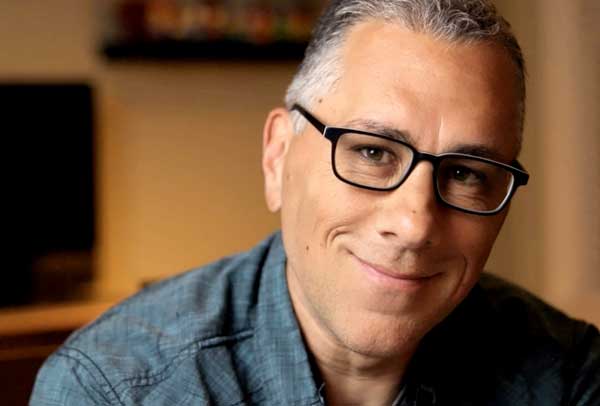Republished with permission from John Pavlovitz
In recent years it’s been fairly common to hear white, cisgender-heterosexual Christian men feigning incredulity at people looking for “safe spaces” (Their air quotes, not mine.)
The request by historically marginalized communities to have a place where they are not subjected to open bigotry or hateful speech, is often met with thick condescension, various sarcastic insults, and the assertion that no one has ever really had such imaginary luxuries to begin with—so these people should stop complaining.
Many go as far to ask where their safe spaces are, failing to comprehend that as Americans they’ve had a safe space for two hundred and thirty-eight years or so—called America.
Wherever they’ve placed their feet or voiced their opinions or done their work has been safe for them because that was how it was designed. From day one every bit of the house has been stacked in their favor. Their skin color, gender, sexual orientation, and faith profession have all afforded them every possible advantage and privilege, and exempted them from true marginalization.
White, cisgender Christian men seeking a safe space, also ask without a hint of irony, why there isn’t a White History Month, why we can’t say White Lives Matter, or when their White Pride parade is. They have been the beneficiaries of lopsided importance and unmerited opportunity for so long, that the slightest effort by history to tip the scales toward balance feels like attack. What is in reality only disagreement, seems to them like oppression.
It’s why these men can claim with a straight face that they and their kind had previously suffered for 8 years under Barack Obama, and so liberal minority communities should now understand exactly how they’ve been feeling. It’s why despite the election results, they can contend that they are actually still the marginalized ones whose experience everyone else needs to understand and have sympathy for.
The difference of course, is that whatever “suffering” they’ve perceived to have endured, was done so:
- while still having higher wages than their female counterparts,
- with a far lower rate of arrest and incarceration than men of color,
- with a suicide rate much lower than the LGBTQ community,
- with no one opposing their right to marry or control their own bodies,
- without being branded as religious extremists,
- while still claiming the vast majority in political representation.
In other words, the worst version of a bad day for white, cisgender-heterosexual Christian men looks like a dream to most everyone else. No one questions their sexual activity. their career qualifications, their ability to work and parent, or their right to live in this country. Lots of people would love to feel that safe for even a few moments—and they deserve to.
White, cisgender Christian men, I say this as one of your own. Most people will never experience the emotional safety you and I have without lifting a finger, because their physical attributes or personal demographics have always prevented it.
When frustrated, fearful people ask for safe spaces, they’re not being weak, they’re not whining, and they’re not looking to be coddled. They’re asking for once, to receive the decency and respect that you and I have been gifted with every moment since we’ve shown up on the planet. They’re asking that we consider the shoes they’ve walked in and what it might be like to speak and not be really heard, to work and not be fully compensated, to love and not have it truly acknowledged. They’re asking us for empathy that we’ve rarely had to exercise.
Because the honest truth is that you and I have always been in safe spaces—simply by being in our own skin. We’ve never once been truly oppressed or marginalized or victims of racism.
Maybe we need to think about that before we contend that we’re suffering or that we ever have suffered. Maybe we need to be careful about trying to equate our experience of discomfort or disagreement with the injustices endured by people of color, Muslims, the LGBTQ community, or women.
Maybe we need to be the ones most loudly advocating for those who still don’t know the safety we’ve lived in every single day of our white, cisgender Christian lives.

John Pavlovitz
John Pavlovitz is a writer, pastor, and activist from Wake Forest, North Carolina. A 25-year veteran in the trenches of local church ministry, John is committed to equality, diversity, and justice—both inside and outside faith communities. When not actively working for a more compassionate planet, John enjoys spending time with his family, exercising, cooking, and having time in nature. He is the author of A Bigger Table, Hope and Other Superpowers, Low, and Stuff That Needs to Be Said.
